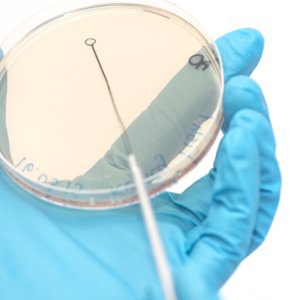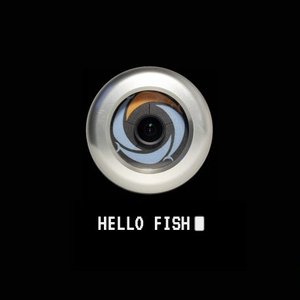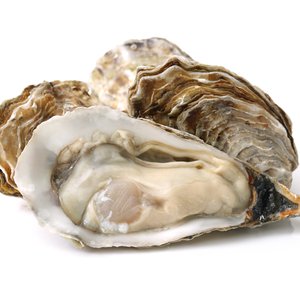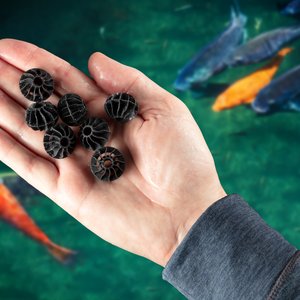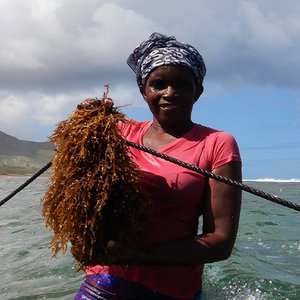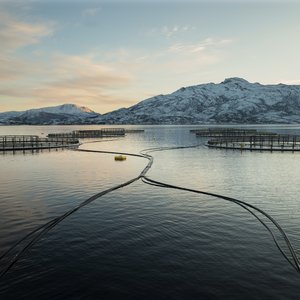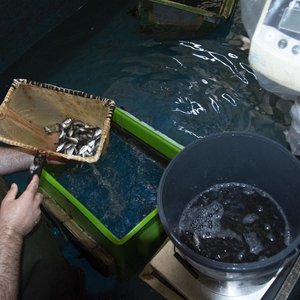A consortium in Scotland is taking a significant step toward the development of a commercial vaccine for rainbow trout fry syndrome (RTFS), a pervasive disease among trout, as the industry aims to improve fish welfare and unlock the sector’s potential.
The group led by Dawnfresh, one of the UK’s largest rainbow trout producers, and the University of Stirling’s Institute of Aquaculture, will test a new vaccine during field trials in a bid to gain a license for its use. Kames Fish Farming, another Scottish trout farm operator, and Tethys Aquaculture, an aquaculture research impact company, will also work on the project with support from the Scottish Aquaculture Innovation Centre (SAIC). The vaccine was developed by the University of Stirling team as part of a five-year European Commission-funded project called Targetfish, in which Tethys Aquaculture acted as the project’s industry forum leader.
Rowena Hoare, from the University of Stirling’s Institute of Aquaculture, said that “RTFS has been a major problem for the rainbow trout industry for decades. We are delighted that this project has been funded by SAIC, enabling our novel RTFS vaccine to be tested on two fish farm sites. We hope in the future to combine this with other vaccines to assist in the sustainability of the trout industry.”
RTFS is a common disease in trout and has been responsible for the substantial loss of stocks, with some sites reporting high average early-stage mortality rates. Rainbow trout is the second most-produced finfish by volume on UK fish farms, making RTFS a particularly important issue on British shores. However, the diversity of the bacteria that cause RTFS has made vaccine development challenging, while the very small size at which fish tend to be affected renders injections unsuitable. Although antibiotics are a treatment option, the industry’s drive to minimize antibiotic usage, reduce losses and improve welfare required a new approach.
In response, the University of Stirling developed a dip vaccine for trout which can be administered to fry in a very low-stress and low-risk manner. It is hoped that the vaccine, combined with best farm management practices, will protect fish until they are large enough to fend off infection themselves.



